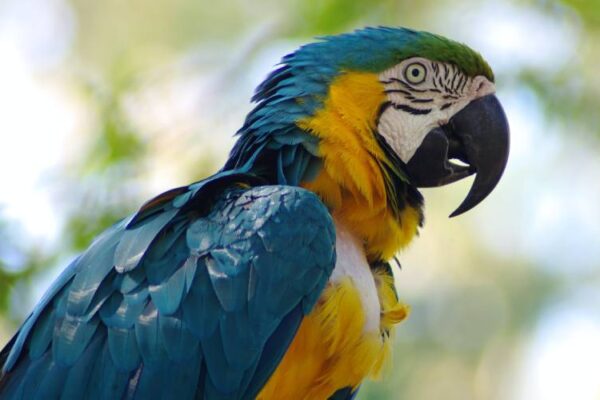Jaguars, toucans, and capuchin monkeys represent the biodiversity of tropical rainforests. Their vibrant colors and varied behaviors showcase the complexity of this rich ecosystem.

The Ethics of Keeping Animals in Zoos
The ethical debate surrounding zoos is complex and often polarizing. On one side, proponents argue that zoos play a vital role in conservation, education, and scientific research. On the other, critics claim that keeping animals in captivity, regardless of the conditions, is inherently unethical.
Those who support zoos emphasize the conservation work that zoos do. Many species that are extinct in the wild, such as the Przewalski's horse or the Hawaiian crow, survive today thanks to captive breeding programs in zoos. Additionally, zoos often participate in habitat restoration projects and provide financial support for field conservation efforts.
From an educational perspective, zoos offer a unique opportunity for people to learn about animals in a way that books, documentaries, or virtual experiences cannot replicate. Seeing animals in person fosters a greater connection to wildlife, inspiring many people to take action to protect the environment.
However, critics argue that no matter how well-intentioned, zoos cannot fully replicate the conditions of an animal’s natural habitat. They suggest that keeping animals in captivity leads to unnatural behaviors and compromises their well-being. Some also argue that zoos prioritize profit over the animals’ best interests, particularly when it comes to breeding programs or housing large, wide-ranging species like elephants and big cats.
As public awareness of animal welfare grows, zoos are increasingly scrutinized. Many have responded by improving enclosures, providing enrichment, and focusing on conservation programs. The best zoos are those that prioritize the physical and mental well-being of their animals while contributing to global conservation efforts.
Ultimately, the ethics of zoos is a debate that will likely continue for years to come. The challenge is to find a balance between caring for the animals and educating the public in ways that respect the animals’ dignity and needs.


